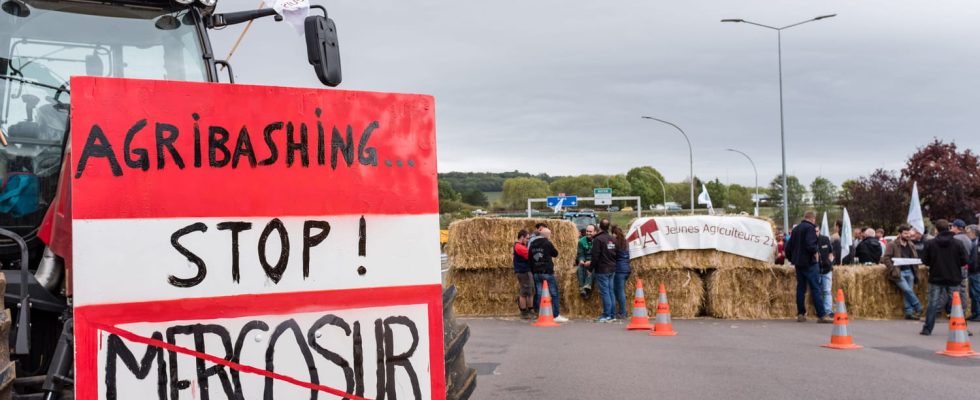The text agreed in 2019 between the EU and the Latin American common market was never ratified due to opposition from several European countries. Here’s what it contains.
The angry movement of farmers brings back the debate on the agreement betweenEuropean Union and Mercosur. However, the subject is not new: negotiations for the largest free trade treaty between the EU and the common market of Latin American countries began in 2000. They resulted in an agreement in principle in 2019 on a text which has, however, never been voted on or ratified. The cause is the opposition of several member states, including France. Negotiations resumed in 2023 and are continuing, despite strong opposition from the agricultural world, but also from environmentalists.
What makes farmers tremble is the unfair competition between their products and those imported from Latin American countries. Indeed, the agreement plans to remove 91% of taxes imposed on European products upon entry into Mercosur, and 92% of existing taxes in the other direction.
Tax refunds on poultry and beef
More precisely, the EU could export its cars, spare parts, industrial equipment, clothing and even its pharmaceutical products to Latin America while being exempt from customs duties. In return, American countries would obtain tax rebates on their exports of sugar, ethanol, poultry and beef to Europe. European farmers therefore fear seeing the market flooded with low-cost imported agricultural products that do not comply with the environmental standards imposed on them by the European Common Agricultural Policy (CAP).
France is the leading figure in European opposition to the signing of this agreement with Mercosur. Emmanuel Macron reiterated again on Tuesday January 30 its refusal of the treaty as long as the standards imposed on agricultural products are not “homogeneous”. A 2023 report estimated, for example, that a third of the active substances authorized in pesticides in Brazilagricultural giant of Mercosur, were banned in the European Union.
Negotiations continue
On Tuesday, European Commission spokesperson Éric Mamer estimated that the “conditions for concluding negotiations with Mercosur” were “not met” but indicated that negotiations were continuing. This will resume in 2023 with the return of President Lula at the head of Brazil. The Commission notably proposed the addition of an annex relating to climate and environmental preservation.
But the Mercosur countries denounce Europe’s agricultural “protectionism” and in turn demand compensation. President Lula, for example, criticizes the fact that the agreement provides for the opening of public markets in Latin American countries to European companies, and here too fears unfair competition.
